If you’ve been injured in an accident in Florida, you may be wondering how to file a personal injury claim. This comprehensive guide will walk you through the steps involved in filing a personal injury claim in Florida, from seeking medical attention to calculating damages and negotiating with insurance companies.
We’ll also discuss the types of damages you can claim, the time limits for filing a claim, and whether you need a personal injury lawyer to help you through the process. So, let’s get started on your journey to seeking justice and compensation for your injuries.
What is a Personal Injury Claim?
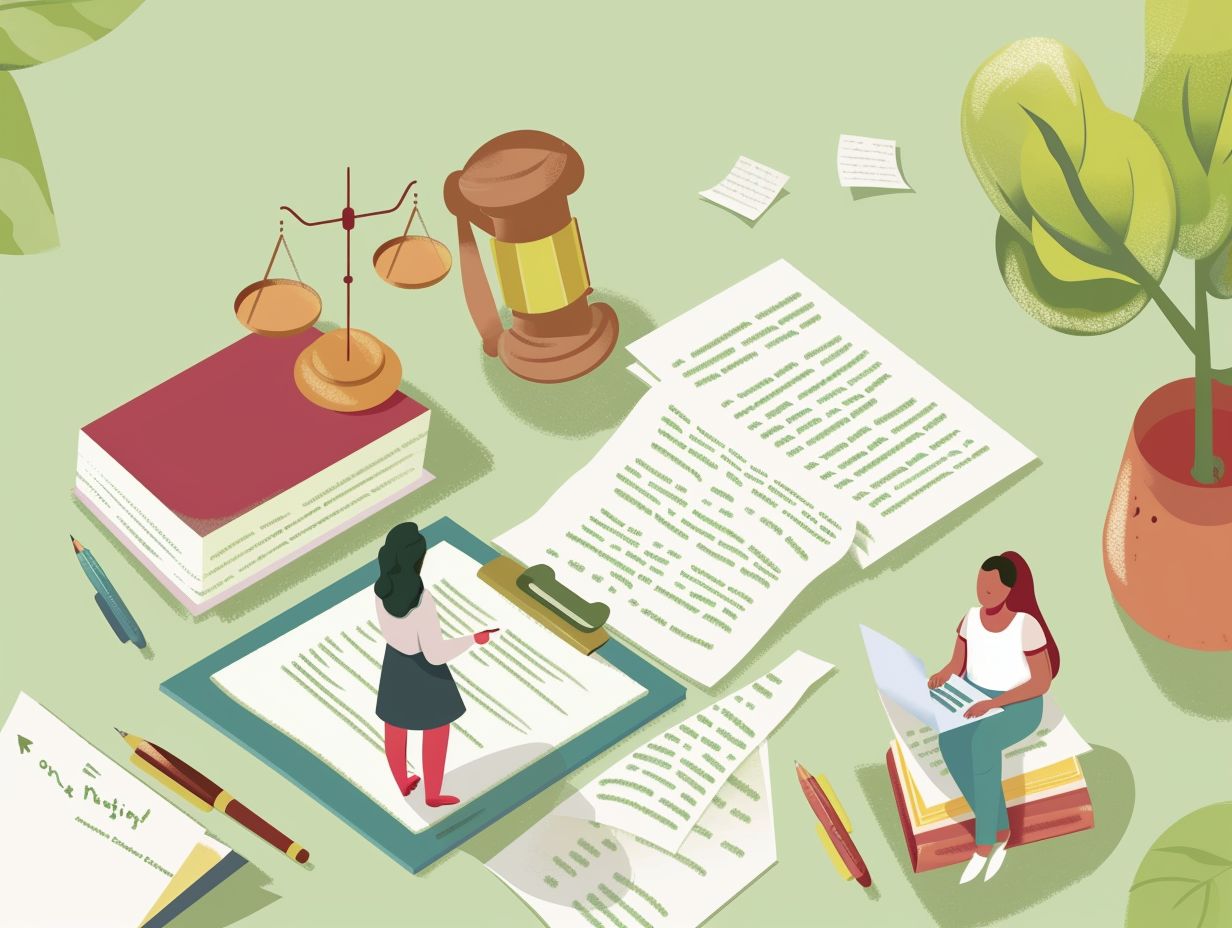
A personal injury claim is a legal process in which an individual who has suffered injuries and damages due to an accident seeks compensation, often with the assistance of an attorney, to cover medical costs, lost wages, and other related expenses.
In Tampa, personal injury claims can arise from various incidents such as car accidents, slip and fall accidents, medical malpractice, or workplace injuries. The primary purpose of filing a personal injury claim is to hold the at-fault party accountable for their negligence and to seek financial recovery for the harm caused.
An experienced personal injury attorney in Tampa can navigate the complex legal procedures, negotiate with insurance companies on behalf of the injured party, and represent them in court if necessary.
Compensation sought in a personal injury claim may include economic damages such as medical bills, rehabilitation costs, and lost income, as well as non-economic damages like pain and suffering, emotional distress, and loss of enjoyment of life.
When Should You File a Personal Injury Claim?
Filing a personal injury claim ideally should be done promptly after an accident to ensure adherence to the statute of limitations and Florida laws, as well as to preserve crucial evidence and witness testimony.
In Florida, the statute of limitations sets the timeframe for filing a personal injury claim. This period typically varies from 2 to 4 years depending on the case type.
Timely filing is essential because exceeding this deadline can lead to forfeiting the right to seek compensation. Seeking advice from a legal professional early on can provide insight into the specific timelines and steps in the claims process, aiding in gathering important evidence and developing a strong case.
What Are the Steps to File a Personal Injury Claim in Florida?
Initiating a personal injury claim in Florida requires various important steps, beginning with promptly seeking medical care and collecting necessary documentation and evidence. These are essential elements of the legal process that firms such as Calandro Law can effectively assist in navigating.
1. Seek Medical Attention
It is important to seek immediate medical attention following an accident for diagnosing and documenting injuries. This ensures appropriate medical care from qualified providers, which is essential for your health and the strength of your personal injury claim.
Properly documenting injuries is crucial as it creates a detailed account of the harm suffered, providing concrete evidence that can support your legal case. Medical records play a significant role in the legal process by serving as valuable documentation to prove the extent of your injuries and the treatment received.
Keeping thorough medical records not only safeguards your health but also strengthens your position in seeking compensation for damages incurred due to the accident. These records act as a crucial link between your injuries and the accident, emphasizing the importance of accurately detailing all medical visits, treatments, and symptoms.
2. Gather Evidence
Collecting evidence promptly after the accident is crucial, which involves taking photographs, gathering witness statements, and securing all necessary documentation to support a personal injury claim.
Witness testimony is instrumental in strengthening your case. Witness statements can provide valuable firsthand narratives of the incident, offering additional perspectives and details that may support your account of the events.
It is essential to obtain contact information from witnesses at the scene and promptly follow up with them to ensure their memories of the event remain fresh. Physical evidence like medical records, police reports, and relevant correspondence with insurance companies can also help substantiate your claim, bolstering its credibility and persuasiveness.
3. Determine Fault
Determining fault in an accident is a complex process that often requires analysis of the circumstances and may involve the expertise of a lawyer to ensure that liability is accurately assigned.
Various methods are used to establish fault in an accident, with the most common being the principles of negligence. Negligence is determined by evaluating whether a person breached their duty of care, if that breach caused the accident, and if it led to damages.
Legal standards, such as the ‘reasonable person’ standard, are used to assess behavior in a given situation. For instance, in a car accident case, a driver who runs a red light may be considered negligent. Legal precedents, like landmark court decisions, also play a crucial role in shaping liability laws and providing guidance for similar cases.
4. Calculate Damages
Assessing damages in a personal injury claim involves evaluating both economic and non-economic losses, often necessitating a detailed consultation with legal and financial experts to ensure precise compensation.
Economic damages in a personal injury claim typically cover measurable financial losses such as medical expenses, lost wages, property damage, and future earning capacity. These losses can be relatively easy to calculate based on invoices, receipts, and income records.
In contrast, non-economic damages pertain to intangible losses like pain and suffering, emotional distress, and loss of enjoyment of life. Determining the value of non-economic damages can be more intricate and may involve considerations such as the severity of injuries, impact on daily activities, and emotional distress.
Consulting with professionals aids in accurately evaluating both economic and non-economic damages, guaranteeing that all aspects of a victim’s losses are appropriately compensated.
5. Notify the At-Fault Party
Notifying the at-fault party often involves sending a formal demand letter that lays out the injury’s nature, the extent of damages, and the compensation being sought as part of the legal process. This demand letter plays a significant role in legal proceedings by clearly outlining the grounds for the claim and providing the recipient with the chance to settle the issue before any court action is taken.
Typically, the letter contains a detailed account of the incident, any medical treatments received, expenses incurred, and a request for compensation. By formally notifying the at-fault party through this letter, a paper trail is established, which can be crucial in showing efforts to resolve the matter amicably.
Following the sending of the demand letter, the at-fault party is given a specific timeframe to respond, which may involve agreeing to the terms, proposing a settlement, or denying liability.
6. File a Claim with the Insurance Company
Initiating a claim with the insurance company requires submitting all documented evidence and engaging in negotiation to determine a fair settlement that adequately covers all damages.
Upon receiving the necessary documents, the insurance company will review the claim to evaluate its validity and the extent of coverage. This initial review stage may involve the adjuster requesting additional information or documentation to support the claim.
Once the claim is authenticated, the negotiation phase commences, allowing the insured and the insurance company to discuss the settlement amount. Effective negotiation skills are crucial, as it is important to present a compelling case supported by factual information to increase the likelihood of reaching a satisfactory settlement.
Challenges during negotiation may include disputes over valuation, liability disagreements, or communication delays. To address these challenges successfully, maintaining composure, persistence, and having all relevant information prepared is essential.
Key tips for successful negotiation include demonstrating patience, understanding the policy coverage, and being willing to compromise reasonably to achieve a fair resolution.
What Are the Types of Damages You Can Claim in a Personal Injury Case?
In a personal injury case, the types of damages that can be claimed include economic damages for financial losses, non-economic damages for pain and suffering, and punitive damages intended to punish the at-fault party. These damages can be pursued through legal proceedings at locations such as the Hillsborough County Courthouse Annex.
1. Economic Damages
Economic damages in a personal injury case are the measurable financial losses that have been incurred, including documented medical bills, lost wages, and other out-of-pocket expenses that can be directly compensated.
These economic damages aim to provide compensation for both the immediate financial impact and any future losses arising from the injury. Medical bills encompass not just hospitalizations and surgeries, but also medications, therapy sessions, and any required medical equipment.
Lost wages account for the income that was foregone due to the injury, including any projected salary increases or bonuses that would have been received if not for the accident. Accurate documentation is essential in establishing these damages, as precise records of expenses, receipts, pay stubs, and medical reports are critical in determining the total compensation owed.
2. Non-Economic Damages
Non-economic damages pertain to the intangible consequences of injuries, such as pain and suffering, emotional distress, and loss of enjoyment of life, which are compensated based on the severity of the impact on the victim’s quality of life. These non-economic damages are typically evaluated by considering the duration and intensity of the physical or emotional pain experienced by the individual.
For instance, in a recent medical malpractice case, a patient endured severe complications due to a surgical error, leading to debilitating chronic pain and emotional trauma. The court acknowledged the substantial impact on the patient’s ability to maintain a normal life and granted significant compensation for non-economic damages to help address the long-term effects of the negligence.
3. Punitive Damages
Punitive damages are awarded in cases where the at-fault party’s actions were particularly egregious or reckless, serving to punish the defendant and deter similar behavior, and are determined by the court with the guidance of an attorney. These damages go beyond compensating the victim for their losses and aim to set a precedent for societal norms.
The legal standards for awarding punitive damages vary but generally require clear and convincing evidence of intentional misconduct or gross negligence. In the process, the court considers factors such as the defendant’s financial status and the degree of reprehensibility of their conduct.
An experienced attorney plays a crucial role in arguing for the appropriate amount of punitive damages, ensuring justice is served. Notable cases like the Ford Pinto case in the 1970s and the Exxon Valdez oil spill incident in 1989 have seen significant punitive damages awarded, signaling a stance against corporate misconduct.
What Are the Time Limits for Filing a Personal Injury Claim in Florida?
The time limits for filing a personal injury claim in Florida are determined by the state’s statute of limitations. Claims must be filed within a specific period after an accident. Failing to do so can prevent you from seeking compensation, so it is important to consult with an attorney and potentially file at the George E. Edgecomb Courthouse.
In Florida, the statute of limitations varies based on the type of injury claim and ranges from 2 to 4 years. Missing these deadlines can lead to the court dismissing your case, depriving you of the opportunity to pursue legal action.
Legal counsel can assist in navigating the complexities of personal injury law, ensuring that all required paperwork is submitted accurately and on time. Courthouses like the George E. Edgecomb Courthouse are instrumental in processing and adjudicating these claims, making them a crucial aspect of the legal process.
Do You Need a Personal Injury Lawyer to File a Claim in Florida?
While it is not legally required to have a personal injury lawyer to file a claim in Florida, seeking the expertise of a lawyer, such as Andrew J. Calandro who is recognized by Super Lawyers, can greatly enhance the chances of a successful outcome through professional consultation and representation.
Personal injury lawyers can provide a deep understanding of the legal complexities involved in such cases, navigating you through the legal processes efficiently. Their experience in negotiating settlements with insurance companies is invaluable, ensuring you receive fair compensation for your damages.
Andrew J. Calandro, with his proven track record in achieving favorable results for clients, can skillfully represent your interests. Initial consultations with a lawyer like Andrew can help you understand your rights, assess the strength of your case, and decide on the best course of action moving forward.
What to Expect During the Personal Injury Claims Process in Florida?
The personal injury claims process in Florida includes various stages, such as negotiating with the insurance company, possibly filing a lawsuit, and potentially going to court trial. These steps may occur at the Sam M. Gibbons United States Courthouse and require extensive preparation and legal expertise.
1. Negotiating with the Insurance Company
Engaging in negotiations with the insurance company is a crucial step in the personal injury claims process. It involves both parties trying to reach a fair settlement without going to court, often through detailed discussions and compromises.
Being well-prepared and knowledgeable about your case is essential during this phase to advocate effectively for your rights. Knowing the worth of your claim, gathering relevant documentation like medical records and bills, and seeking advice from experts if necessary can significantly enhance your negotiating position.
Practicing active listening and maintaining composure during discussions can help you navigate potential conflicts and achieve a mutually agreeable resolution with the insurance company. It is important to build a strong case that emphasizes the impact of the injury and illustrates the necessity for fair compensation.
2. Filing a Lawsuit
Initiating a lawsuit becomes necessary when negotiations with the insurance company are unsuccessful, requiring formal legal action in court with the assistance of a lawyer to seek fair compensation.
The initial step in this process involves drafting a legal complaint, outlining the plaintiff’s allegations against the defendant and the legal grounds for the claim. Once completed, this document is filed with the court to officially commence the lawsuit.
The lawyer plays a critical role in collecting evidence, interviewing witnesses, and preparing legal arguments to effectively present the case. Throughout the court proceedings, both parties will have the chance to present arguments, question witnesses, and provide evidence to support their positions. Strong legal representation is crucial to navigate the legal system’s complexities and advocate for the best possible outcome for the plaintiff.
3. Going to Trial
Going to trial involves presenting a case before a jury, where evidence and witness testimonies are crucial in proving claims and achieving a favorable verdict.
Evidence in a trial can come in various forms, including documents, physical objects, photographs, or expert opinions. Witness testimonies, given under oath, provide firsthand accounts that can support an argument.
It is important to thoroughly prepare for trial by organizing evidence, anticipating potential counterarguments, and strategizing presentation. During courtroom proceedings, each side presents their case, examines witnesses, and argues points. The jury, consisting of individuals from the community, carefully listens to evidence and testimonies before making a decision based on the presented facts.
How Long Does It Take to Settle a Personal Injury Claim in Florida?
The timeframe for resolving a personal injury claim in Florida can vary significantly based on factors such as case complexity, negotiation willingness of parties, and the thoroughness of the legal process. Settlements may range from several months to over a year to reach a conclusion.
In cases where liability is clear and both parties are willing to settle, the process can be accelerated. Conversely, if there are multiple parties at fault or disagreements on damages, negotiations could prolong the process. Early legal consultations can also impact the settlement duration, as proficient attorneys in Riverview, Florida, can adeptly navigate legal intricacies to potentially expedite resolution for claimants.
Frequently Asked Questions
How do I file a personal injury claim in Florida?
To file a personal injury claim in Florida, you will need to follow a few steps. First, seek medical attention for your injuries. Then, gather all relevant evidence and documentation related to your injury and the incident that caused it. Next, file a claim with the responsible party’s insurance company or, if necessary, file a lawsuit in court. It is highly recommended to seek the assistance of a personal injury lawyer to guide you through the legal process.
What is the deadline for filing a personal injury claim in Florida?
In Florida, the statute of limitations for personal injury claims is four years from the date of the incident. However, there are some exceptions to this rule, such as claims against government agencies which have a shorter time limit. It is important to file your claim within the deadline, as failure to do so may result in your case being dismissed.
Do I need to prove fault in order to file a personal injury claim in Florida?
Yes, in order to file a personal injury claim in Florida, you must be able to prove that the other party was at fault for your injuries. This means demonstrating that the other party’s actions or negligence directly caused your injuries and that you suffered damages as a result. It is important to gather evidence and documentation to support your claim.
What types of compensation can I receive in a personal injury claim in Florida?
If your personal injury claim is successful, you may be entitled to various types of compensation, including medical expenses, lost wages, pain and suffering, and property damage. The amount of compensation you receive will depend on the specifics of your case.
Can I still file a personal injury claim if I was partially at fault for the incident in Florida?
Yes, Florida follows a comparative negligence rule, which means that even if you were partially at fault for the incident that caused your injury, you can still file a personal injury claim. However, the amount of compensation you receive may be reduced based on the percentage of fault assigned to you.
Do I need a lawyer to file a personal injury claim in Florida?
While it is not required to have a lawyer to file a personal injury claim in Florida, it is highly recommended. Personal injury cases can be complex and navigating the legal system can be overwhelming. A lawyer can help you gather evidence, negotiate with insurance companies, and ensure that your rights are protected throughout the process, increasing your chances of a successful outcome.


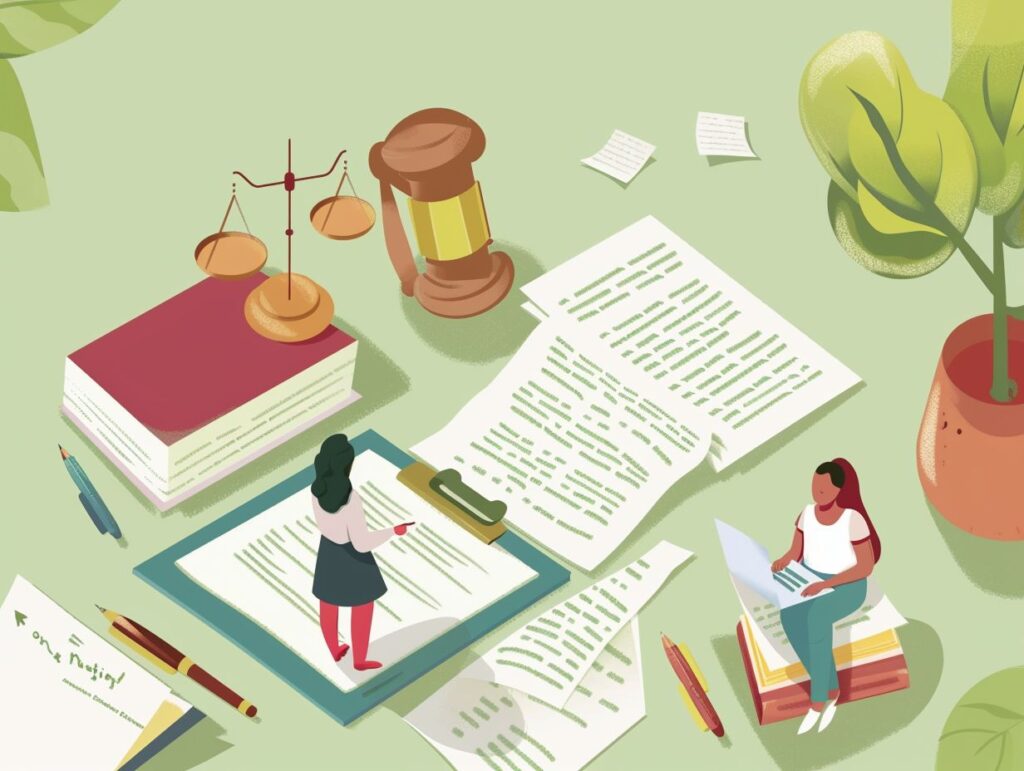
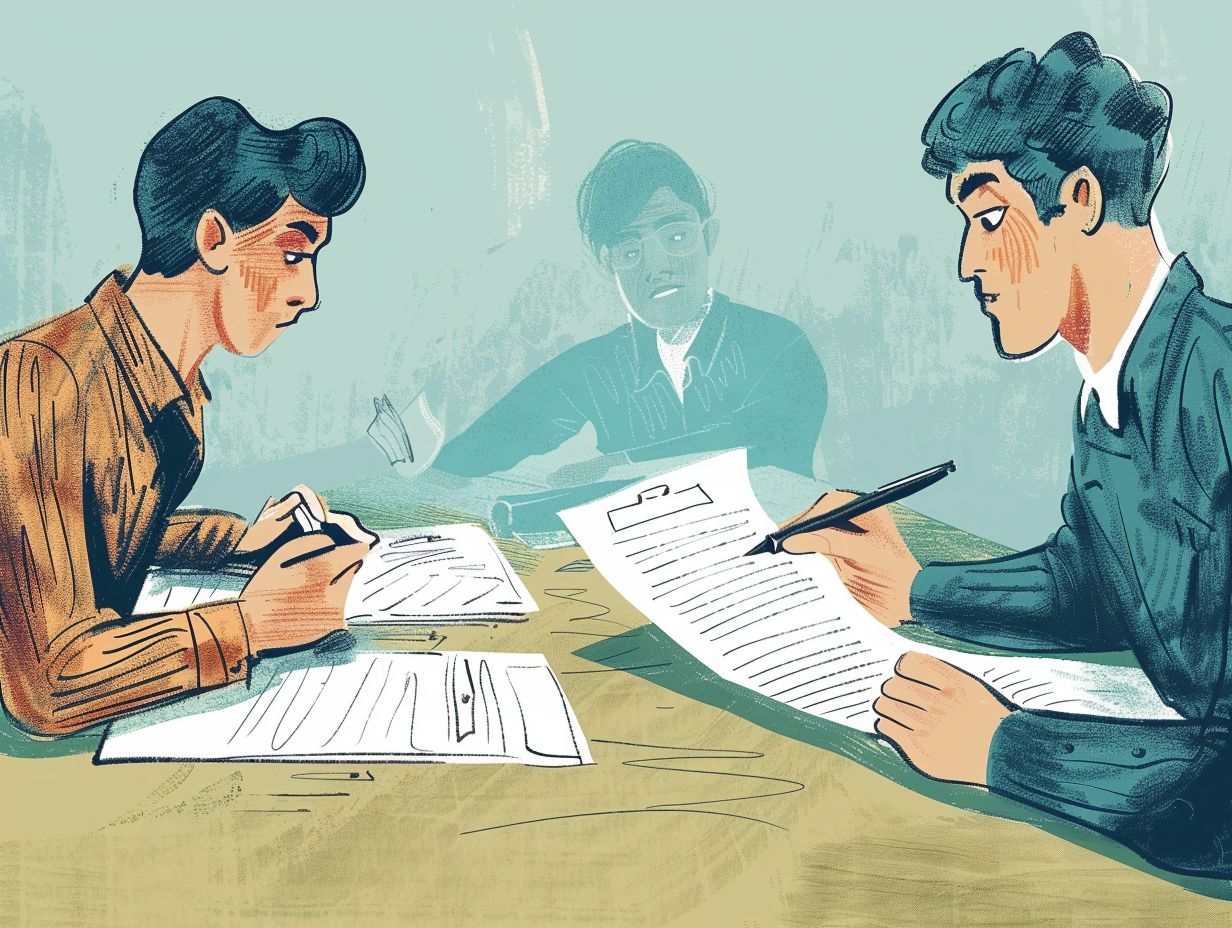
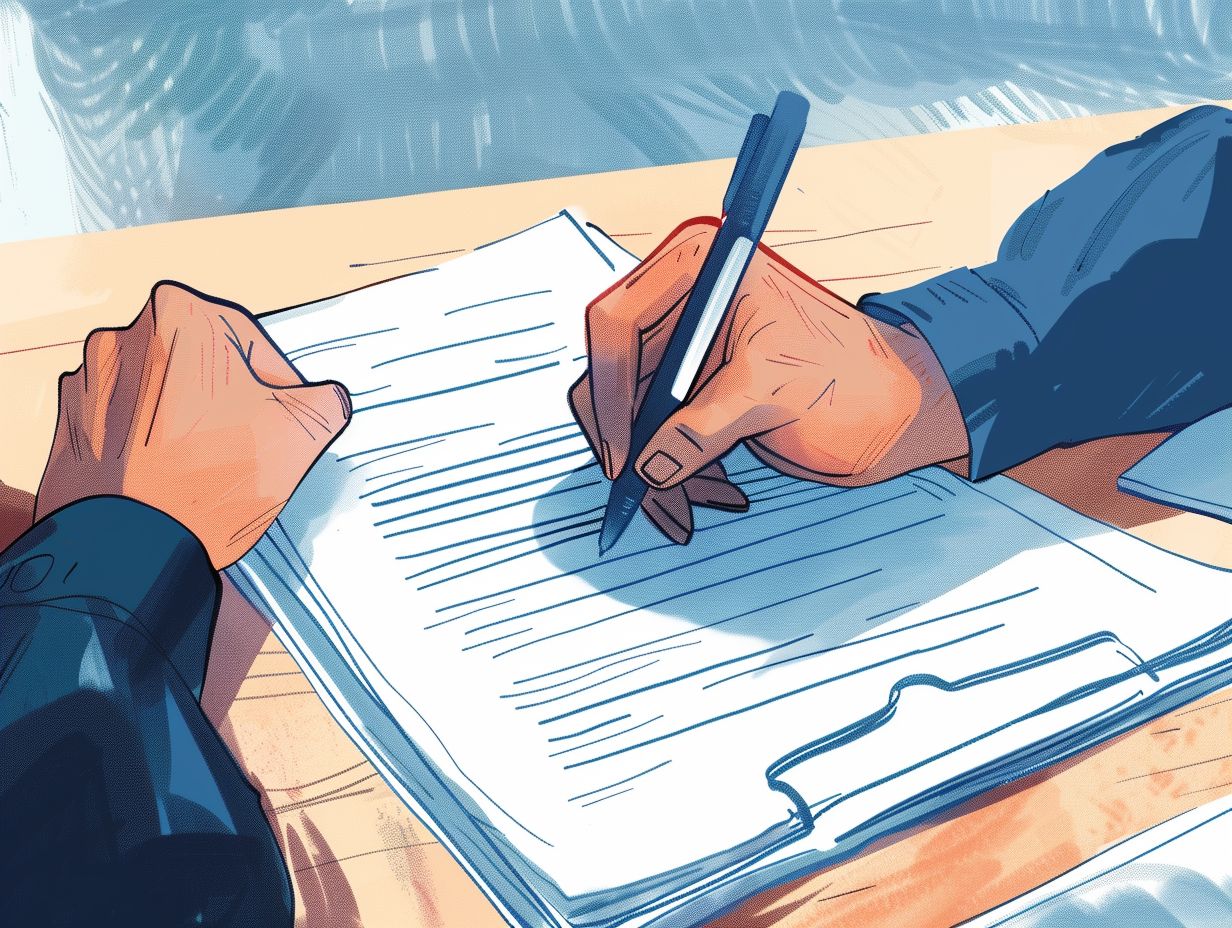
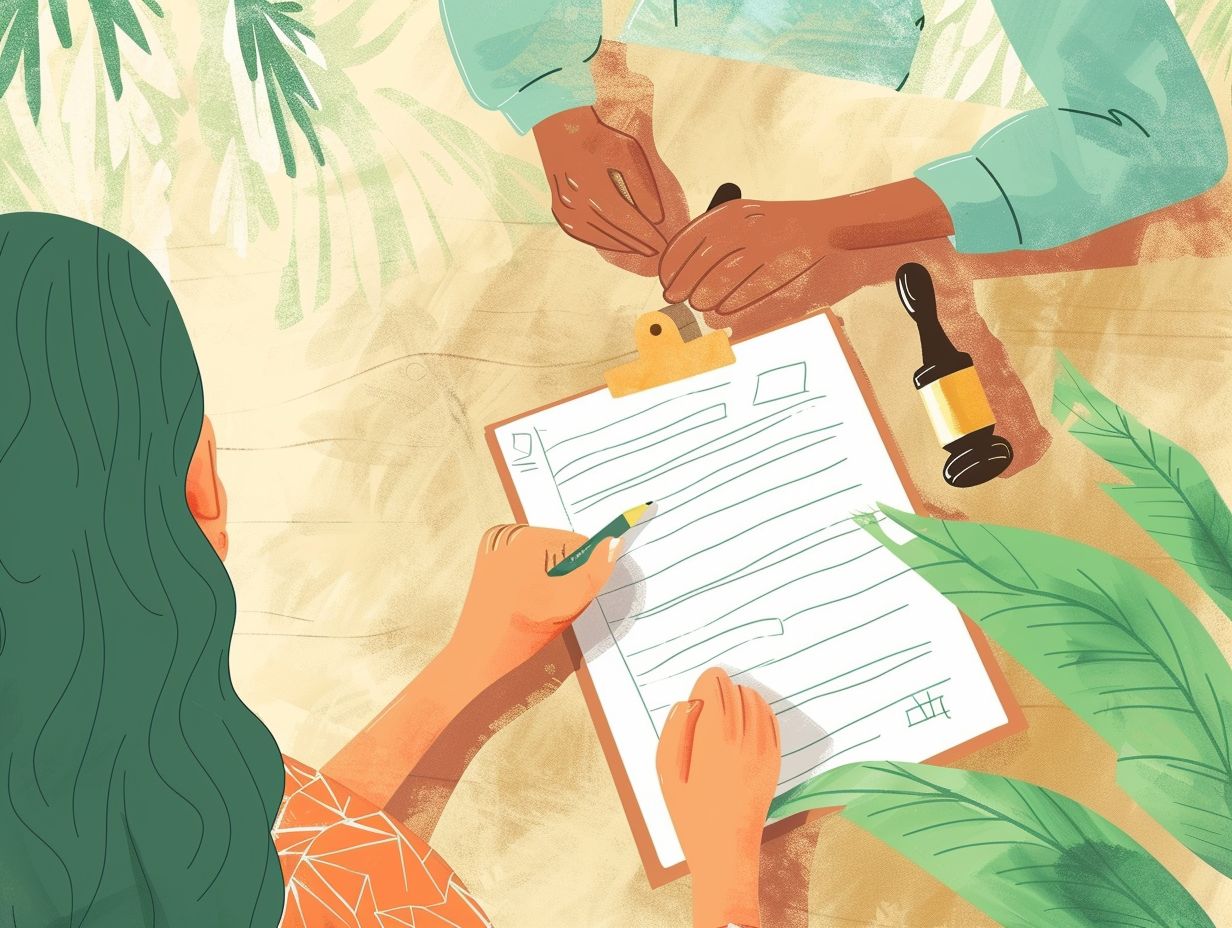




















Rate this article:
No Comments yet!